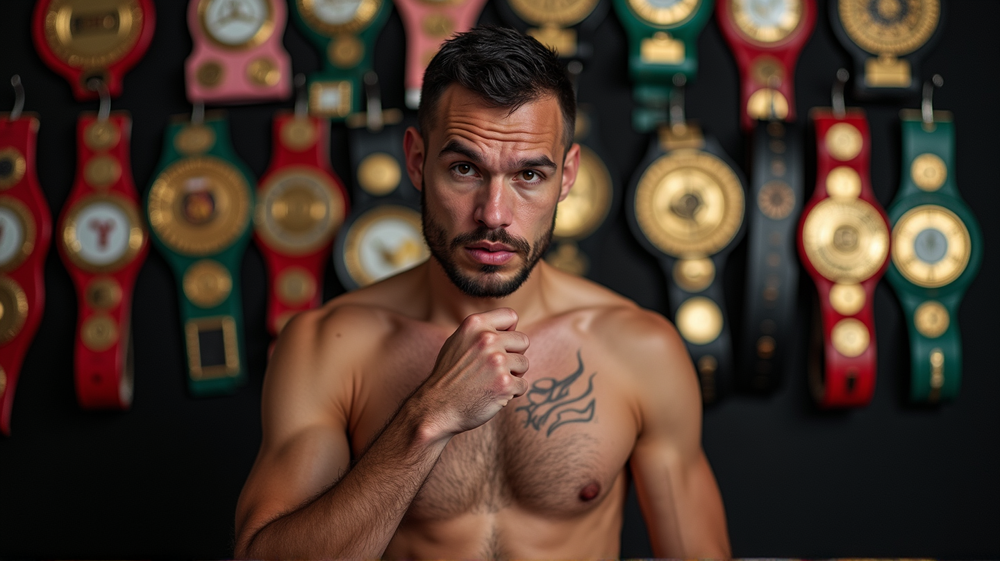World Boxing has announced a groundbreaking move to introduce mandatory gender testing for all athletes, stirring debate in the sports community. As the organization prepares for the upcoming changes in international boxing dynamics, their decision echoes across the globe, affecting athletes like Algeria’s Imane Khelif.
A New Era of Testing
The new policy was introduced to address controversies surrounding gender eligibility in boxing. The move comes after the turmoil involving female athletes such as Imane Khelif during last year’s Paris Olympics. Khelif, a women’s welterweight gold medalist, has become a frontline figure in this complex debate. World Boxing, recognized by the International Olympic Committee to organize boxing at the 2028 Los Angeles Olympics, emphasizes the importance of ensuring fair competition.
How the Testing Works
Under this new regulation, all competitors over 18 must undergo a polymerase chain reaction (PCR) test to ascertain their biological sex at birth. The PCR, a sophisticated laboratory technique, will look for the presence of the Y chromosome through the SRY gene. The simplicity of this process—using nasal, mouth swabs, or saliva and blood samples—belies the profound implications for athletes worldwide.
The Impact on Noted Athletes
In March, Imane Khelif expressed her feelings amidst this whirlwind: “For me, I see myself as a girl, just like any other girl. I was born a girl, raised as a girl, and have lived my entire life as one.” Despite her personal identification, the policy dictates that participation requires gender confirmation via testing. Her quest for a second gold at the Los Angeles Games faces new challenges due to this regulation.
The Debate Intensifies
This policy has not only intensified the dialogue around gender in sports but has also highlighted prominent figures weighing in on the matter. The disqualification of Khelif and Taiwan’s Lin Yu-ting from the 2023 world championships due to failed gender tests sparked substantial conversation. From President Donald Trump to tech mogul Elon Musk, the discourse underscores the societal reach of sports eligibility policies.
The IBA’s Ouster and World Boxing’s Ascent
This shift in governance coincides with the International Olympic Committee distancing itself from the International Boxing Association (IBA). The IBA, led by Russian Umar Kremlev, faced allegations of imprudent governance and ethics violations. As of last month, the IOC provisionally recognized World Boxing, marking it as the future custodian of boxing at international competitions.
According to Times of India, this development reflects a significant reformation in sports governance, emphasizing transparency and fairness in competition. As the world watches these changes unfold, the implications for athletes, federations, and fans alike continue to resonate across the global sports landscape.













